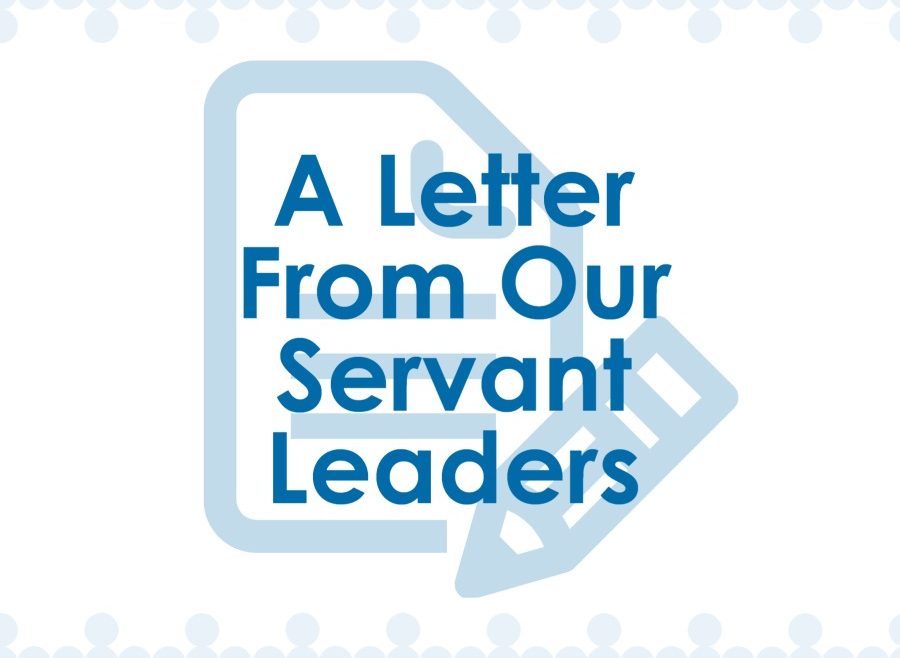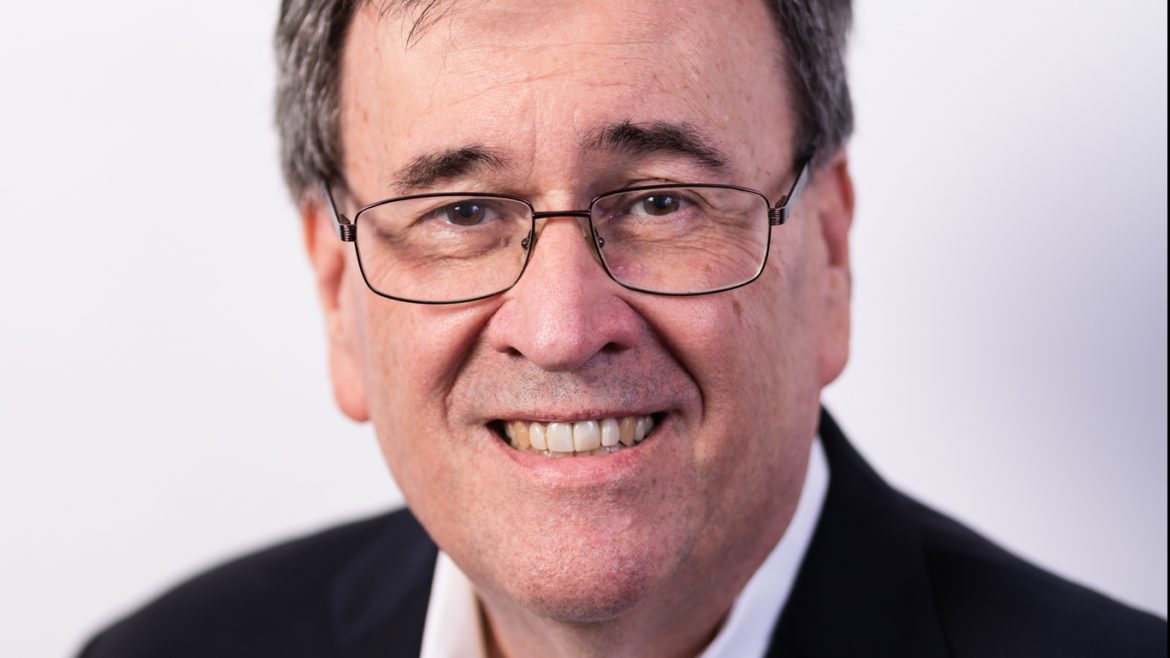Dear Vincentian Friends,
Over the past few years, COVID-19 has meant many organizations’ well-intended plans and initiatives were put on hold or received little attention. For our organization, one such set of delayed efforts were our plans to improve the policies and practices needed for safeguarding vulnerable persons. At the National Council meeting in Houston in August 2021, your delegates approved Resolution 189 – National Safeguarding Policy for all Member Councils. The resolution asks all Councils to create a safeguarding policy that would follow the guidelines provided and also address their local circumstances, paying attention to local laws and the policies of their diocese.
This is not a popular topic to bring up. Creating and implementing a safeguarding policy is complicated, can cost money, and brings a variety of responses from our membership. My own Conference had a member resign when we put a safeguarding requirement in place many years ago. That departing member told us, “So, some priests have been abusing children, and now I have to take a class and have a background check.” Many members had similar reactions to our national policy at first, but I hope we have moved past this attitude.
For the Society of St. Vincent de Paul, not much of our work is directly with children, but all of our neighbors in need should be considered as vulnerable persons. I am sorry to say that we have had credible reports of incidents of that vulnerability being exploited, which reinforces my belief that we need to keep working on this.
The safeguarding resolution we approved details a number of reasons why it is important to have an appropriate policy and effective training. Certainly, we want to prevent abuse and protect those we serve, but having a plan for what to do if something is reported or suspected is an equally compelling reason for having our members well-trained. There are many states in which our home visitors and volunteers are even considered “mandatory reporters.” By law, they are required to report observed incidents of abuse. Do you know whether that includes you? Do you know what constitutes a reportable incident or to whom you must report it? Does this include reporting a neighbor in need whom you have visited? Are you clear about the process you should take if one of our members violates our safeguarding standards?
At the January Board of Directors meeting, we discussed the implementation of Resolution 189 at length, and it is clear to your National Council leadership that this is a complicated matter. Many Councils already have policies and training in place. Some of them were required to do so by their dioceses many years ago. Many others have not even started – finding the effort too complex or maybe too costly, or the resistance from members too significant.
As we move forward, our National Council is looking for ways to support your safeguarding efforts and share best practices. Please support your local leaders as they create and implement your local safeguarding policy. Your Council leadership already has plenty on its plate, and I would encourage some of you to step forward to help lead the effort. Forming a local task force of members who see the importance of this process and are willing to spend time investigating options will help us make the progress needed.
Doing nothing is not an acceptable option. So far, fortunately, we have avoided major lawsuits and harm to our reputation. The time to act is before something happens. Our Church and many other organizations have suffered incredible harm because they were not proactive. From the beginning, our founders realized that our home visits should always be done in pairs. That early practice of safeguarding is still a key element of our protecting vulnerable neighbors in need. Unfortunately, it is not enough in today’s environment.
Serviens in spe,
Ralph Middlecamp
National Council President


